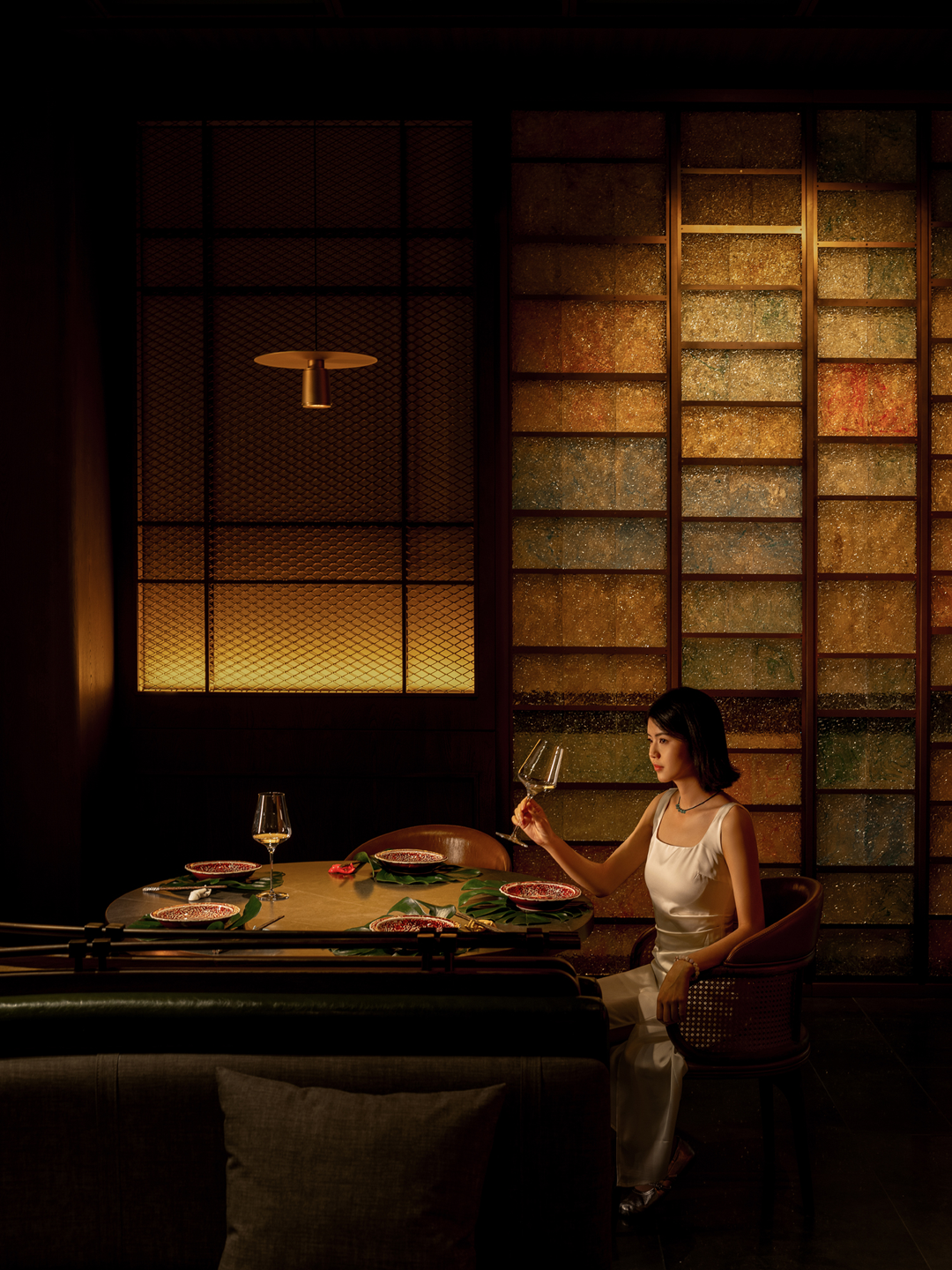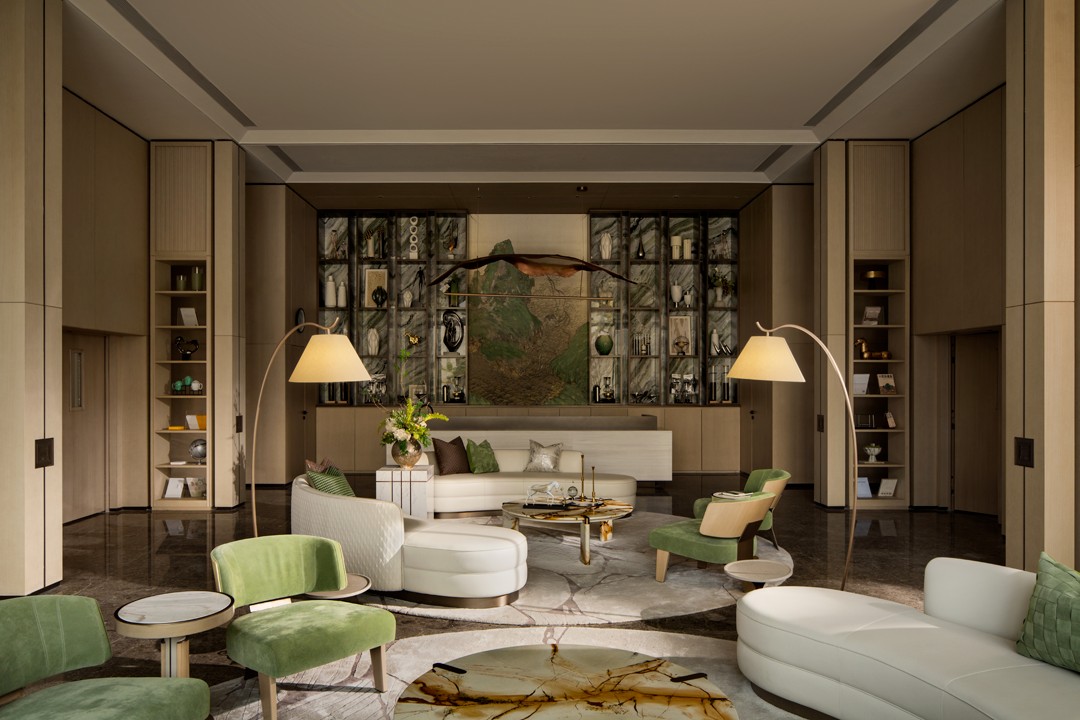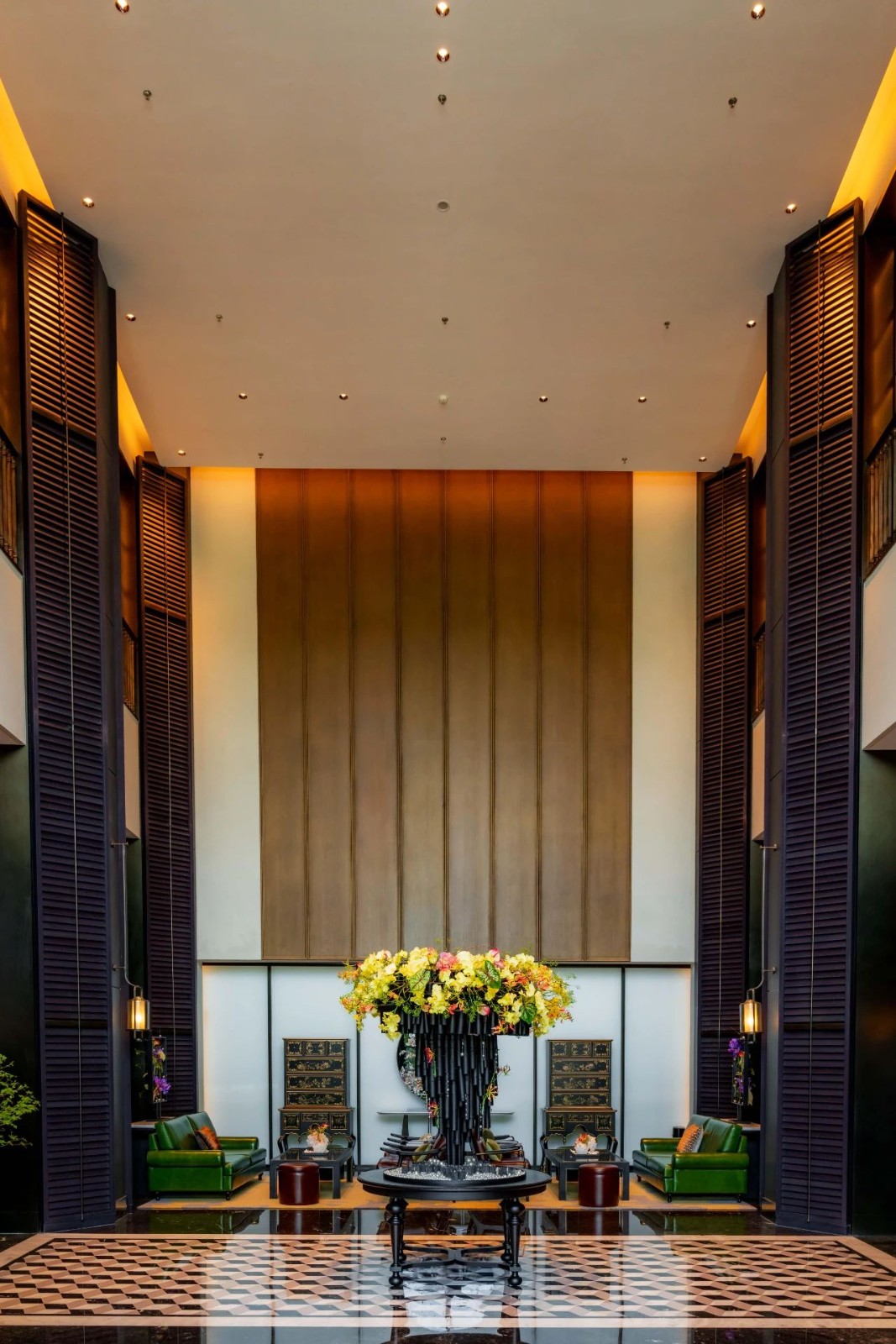Casa Xolotl On The Yucatan Peninsula / Punto Arquitectónico
2018-10-17 18:56
Architects: Punto Arquitectónico Project: Casa Xolotl Architects in charge: Alejandra Molina Gual, José Israel Ramírez Segura, Mauricio Rosales Aznar Design Team: Cristina Cámara, Rolando Lizárraga, Maricruz Alcalá, Estéfani Luis, Br. Estephania Lugo, Christopher Estrella, Manuel Ferrer Location: Mérida, Yucatán, Mexico Area 165.0 m2 Project Year 2018 Photographer: Tamara Uribe
建筑师:Pto ArquitectóNico项目:Casa Xolotl建筑师,主管:Alejandra Molina Gual、Jos以色列Ramírez Segura、Mauricio Rosales AznorDesign Team:Cristina CáMara、Rolando Lizárraga、Maricruz Alcalá、EstéFani Luis、Br。Estephania Lugo,Christopher Estrella,Manuel Ferrer地点:Mérida,Yucatán,墨西哥地区165.0平方米2018年项目摄影师:Tamara Uribe
Text by Punto Arquitectónico: Casa Xolotl site is in a building within the historic center of Mérida`s city. Located in a not crowded street, the Main facade faces the street containing a house dedicated for resting, which overturns and contains the visuals inside it.
图片来源:Casa Xolotl遗址位于Mérida市历史中心的一座建筑中。位于一条不拥挤的街道上,主立面面向街道,街道上有一座专门为休息而设的房子,房子倒了,里面有视觉效果。
The Casa Xolotl Project arises in a 100m2 pre-existing old house, composed of 3 main bays (social area, kitchen, bedroom and bathroom). Enclosed by a plot of ten by twenty-two meters.
CasaXolotl项目建在一个100平方米的老房子里,由3个主要海湾(社交区、厨房、卧室和浴室)组成。用十乘二十二米的地块围起来。
The new program must had to accommodate a social area with terrace, a pool and 2 bedroom each one with its own bathroom.
新的项目必须容纳一个带有露台的社交区域,一个游泳池和两个卧室,每个卧室都有自己的浴室。
The Main access to the property is located at the right extreme of the first bay, which develops through a lobby that serves as a pause between urban reality and the serene interior environment. The rest of the bay had enough space to develop a bedroom with an internal bathroom.
进入酒店的主要通道位于第一湾的右侧,它是通过一个大厅发展起来的,它在城市现实和宁静的室内环境之间充当了一个停顿。海湾的其他地方有足够的空间开发带有内部浴室的卧室。
All the social area is located in the second bay. The living room, the dining room and the kitchen are developed in a single space, which is linked to the third bay through different windows that help fuse space visually and functionally.
所有的社交区都位于第二海湾。客厅、餐厅和厨房都是在一个单独的空间中发展起来的,通过不同的窗户连接到第三海湾,这有助于在视觉和功能上融合空间。
The third bay of the property was the more intervene done. The poor condition of the original slab was replaced with a light one, which contrasted with its materiality concept. Sheltering the terrace, the concrete slab, the structure of it passes tangent to the existing walls without touching them.
财产的第三层是干预越多。用轻板代替了原板的不良状态,这与其物质性概念形成了鲜明的对比。屏蔽露台,混凝土板,其结构通过切线与现有的墙壁,而不接触他们。
The master bedroom is located at the rear of the lot, as an independent Villa, serving as the focal view from the inside of the Main House, and borders the central patio, containing the views inside it.
主卧室位于停车场的后面,作为一个独立的别墅,从主楼的内部作为焦点视图,与中央露台相邻,里面的景色也是如此。
As a result, form the reduced measurements of the lot, the placement of the master bedroom, and the preexisting house and a traditional cistern, the pool becomes the main element of the patio. Placed between both constructions, old and new, the pool floods the remains of the posterior bay and surrounds the cistern, generating greater contact and integration to the terrace. The flooded room becomes the visual focus from the entrance and becomes a space in which the interior-exterior limits blur and fuse.
因此,由于减少了对地块的测量,主卧室的布置,以及原有的房子和传统的蓄水池,游泳池成为了露台的主要元素。在新旧两种建筑之间,水池淹没了后海湾的遗迹,环绕着蓄水池,形成了与平台的更大接触和整合。被淹的房间从入口处变成视觉焦点,成为内外部界限模糊和融合的空间。
The enveloping materials of the house combine new textures with the original textures, generating contrast with the marks product of the passage of time. The interior-exterior boundary between the hammock social area and the terrace is accentuated by exposing the stone material that composes the dividing wall. The cover and structure of the terrace, made with reinforced concrete and left without finer finish, show their earlier age with a sober palette.
房子的围封材料将新的纹理和原始的纹理结合起来,与时间流逝的标记产品形成对比。吊床、社交区和露台之间的内外边界通过暴露构成分隔墙的石材而更加突出。露台的盖和结构,由钢筋混凝土制成,没有更精细的装饰,用一个清醒的调色板显示了他们早期的年龄。
 举报
举报
别默默的看了,快登录帮我评论一下吧!:)
注册
登录
更多评论
相关文章
-

描边风设计中,最容易犯的8种问题分析
2018年走过了四分之一,LOGO设计趋势也清晰了LOGO设计
-

描边风设计中,最容易犯的8种问题分析
2018年走过了四分之一,LOGO设计趋势也清晰了LOGO设计
-

描边风设计中,最容易犯的8种问题分析
2018年走过了四分之一,LOGO设计趋势也清晰了LOGO设计






























































